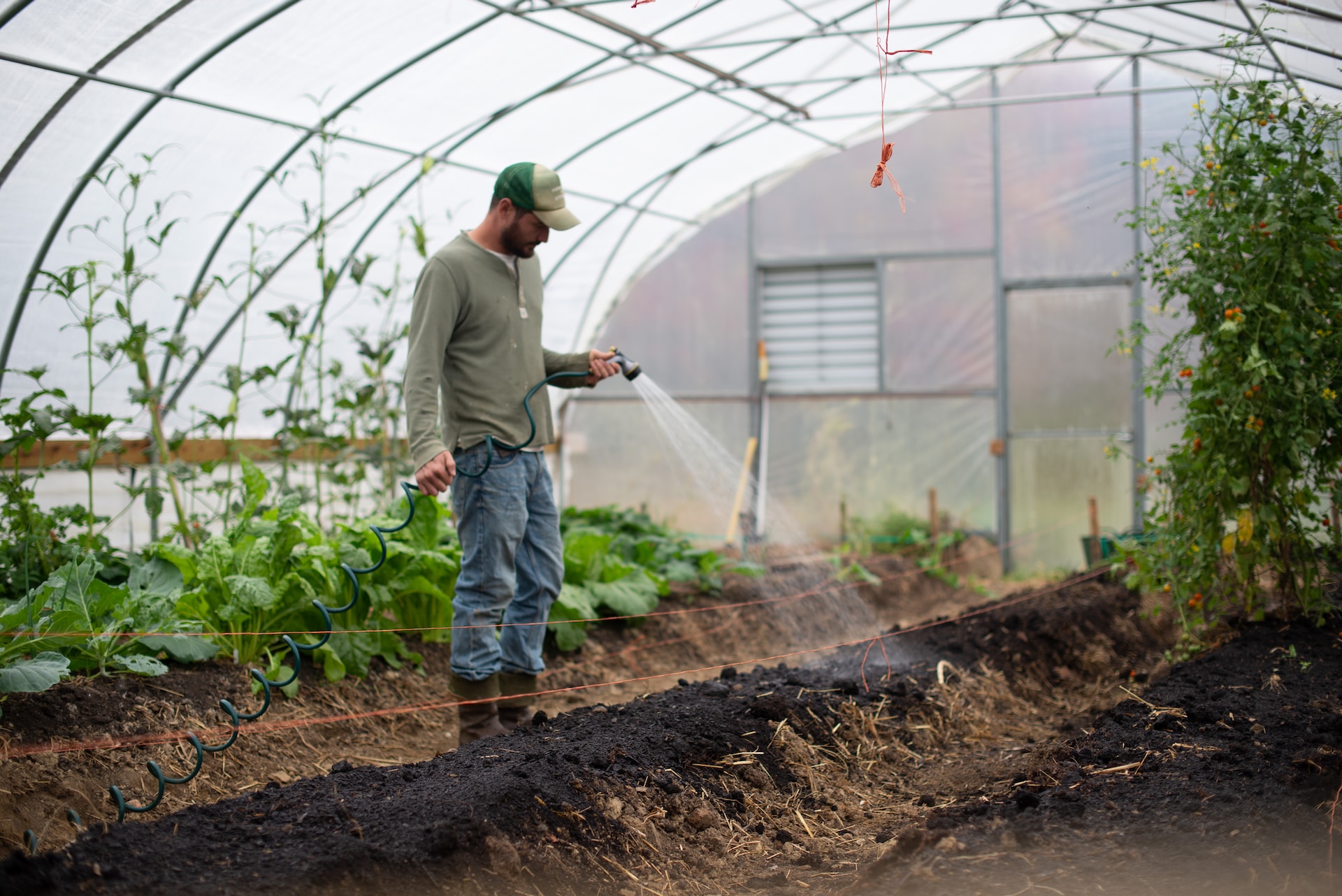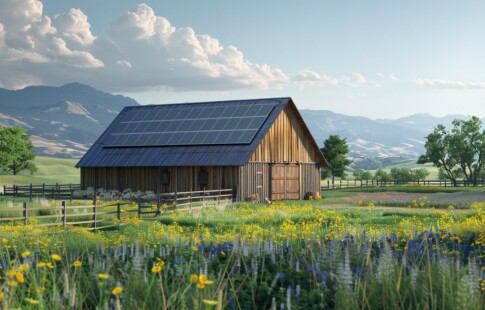
Start a Profitable and Sustainable Niche Farm
We are reader-supported. When you buy through links on our site, we may earn affiliate commission.
Is your dream to live on the land and give back to society through a small garden patch or by providing food or products no one else does? Homesteading and niche farming offers an opportunity for people to be small-scale farmers without a ton of overhead or cash.
Whether you’re looking for an environmentally-friendly side hustle or you want to quit the rat race and become a farmer, niche areas give anyone an opportunity to get in the game.
Types of Niche Farms to Start
The American Farm Bureau Federation places the number of farms in 2023 at around two million in the United States. The number decreased from 2.2 million in 2022. Income and number of farmers is down.
However, niche farming may be the solution as young farmers can increase the amount they make per acre and develop less land while still finding success. Here are a few of the niches available:
- Grass-fed meat
- Raw dairy
- Elderberries
- Honey products
- Educational farms
- Tree nursery
- Fruit picking
- Pasture raised and fed eggs/chickens
As people become more knowledgeable about the importance of where food comes from, expect niche products to become more and more popular. People are willing to pay a premium for their health.
How can you turn your current operation into a profitable farm business or start a niche farm on less land? Here are some tips to get you started.
1. Choose Your Niche
Scour your brain to see what you already know something about. Many people start niche farms because they have a passion for a particular plant or animal. Perhaps their family started a farm as dairy farmers, but over the years branched into other areas.
Getting back to the roots of why the farm began initially can be quite satisfying. Choosing something you love also drives other opportunities. Someone who raises dairy cows and sells raw milk might also offer educational field trips where students learn about the way the farm runs.
Those who love something want to share it with others. Just talking about your niche farm can get the word out.
2. Choose the Size of Your Farm
Many of today’s farmers struggle to pay the bills. The average farm is around 445 acres and earns around $500k per year. With the cost of equipment and supplies, the profit is minimal.
The idea of selling off some of their land to a developer or another farmer is valid. In order to either buy a hobby farm or convert land you already own to one, you’ll only need a few acres or so to get started.
Another idea is to keep the family farm running while sectioning off a small amount of acreage to try out the niche farm idea.
3. Create a Backup Income
In the early stages of starting a small farm business, you might struggle to bring in enough income. Have some ideas in mind to create backup income. One niche farmer might travel to area fairs and offer face painting to bring in enough funds to get them through the year. Another could pick up gig work during the slower farm months of winter.
Know how you’ll make money until your farm idea begins bringing in enough income to sustain itself and pay you a salary.
4. Find a Mentor
If you want to become a beekeeper, talk to those selling their honey and products and find out what it takes to be successful. Should you wish to focus on a single crop, such as elderberry, figure out who your competition is. Are there any areas they aren’t serving that you could?
Find people who know about the type of farming you want to do and pick their brains. Look for a business mentor. Seek someone who is savvy in marketing provides invaluable insight to help you succeed.
5. Start Small
The average farmer’s salary isn’t very much for the hours and work they put in. Decide if it is feasible where you live or you can bump up your earnings with the niche you’ve chosen. For example, the average farmer makes $14.83 per hour, with an entry level of around $13,000 annually.
You might have the best idea for a niche farm, but many factors can impact how well it performs, such as:
- Mistakes due to inexperience
- Local competition
- Economic concerns with costs
- Poor crop conditions
- Lack of marketing
- Cheaper alternatives
- Time to build a new business
How successful your business is in the early stages isn’t always something you can control. Make sure you start small so you can pick up other income sources when needed and not stretch your resources too thin.
6. Get Creative
If you’re on a shoestring budget, you can start a small hobby farm with a niche crop on a small plot of land, such as your backyard. Use containers and focus on high-paying crops. Some ideas include growing:
- Microgreens
- Garlic
- Herbs
- Worm castings for fertilizer
Consider where there is a need in your community. Talk to local health food stores about what they sell out of and would like to see more of. You can even grow some things indoors with the right lights and a hydroponic system. For example, gourmet mushrooms can be grown inside during the winter, netting you income all year long.
7. Promote Your Farm
To find success as a niche farmer, you must promote your farm and get the word out. You’ll want to find people who don’t mind paying a bit more for specialty items of high quality. Share your standards for not using pesticides and keeping things organic. Follow any industry regulations to meet requirements. Share what you’re doing and why your product is superior.
Once you have an idea of who your target audience is, go ahead and reach out to groups on Facebook in your area to let them know you’ve started a niche farm. Once you connect with a few health food store owners and those passionate about living off the land, you’ll find you get referrals.
Hand out cards current customers can give to their friends. Offer a referral discount the next time they buy from you. Encourage them to tell everyone they know. Word-of-mouth is a powerful promotional tool for niche farms.
The Perfect Niche Farm
There is no perfect business, but if you love what you’re growing and excited to offer a high-quality product to the world, your niche farm will do well. Take the time to learn the ins and outs of the type of operation you want to start. Spend time studying marketing and trust that if you love what you do things will build and you’ll wind up with the farm you’ve always wanted and enough income to keep it.
Share on
Like what you read? Join other Environment.co readers!
Get the latest updates on our planet by subscribing to the Environment.co newsletter!
About the author
Jane Marsh
Starting from an early age, Jane Marsh loved all animals and became a budding environmentalist. Now, Jane works as the Editor-in-Chief of Environment.co where she covers topics related to climate policy, renewable energy, the food industry, and more.





